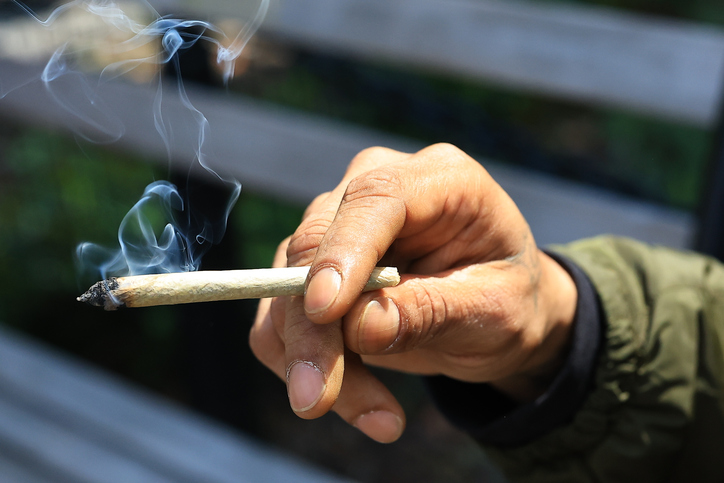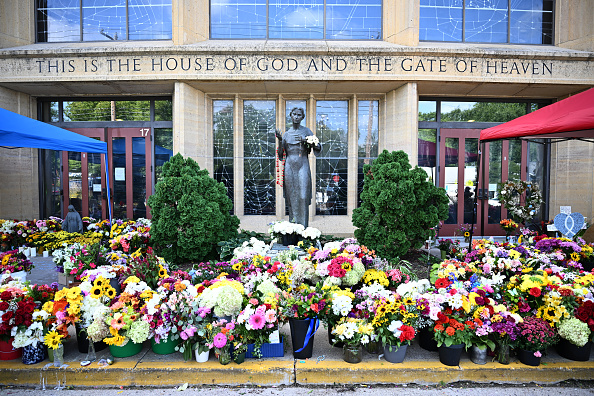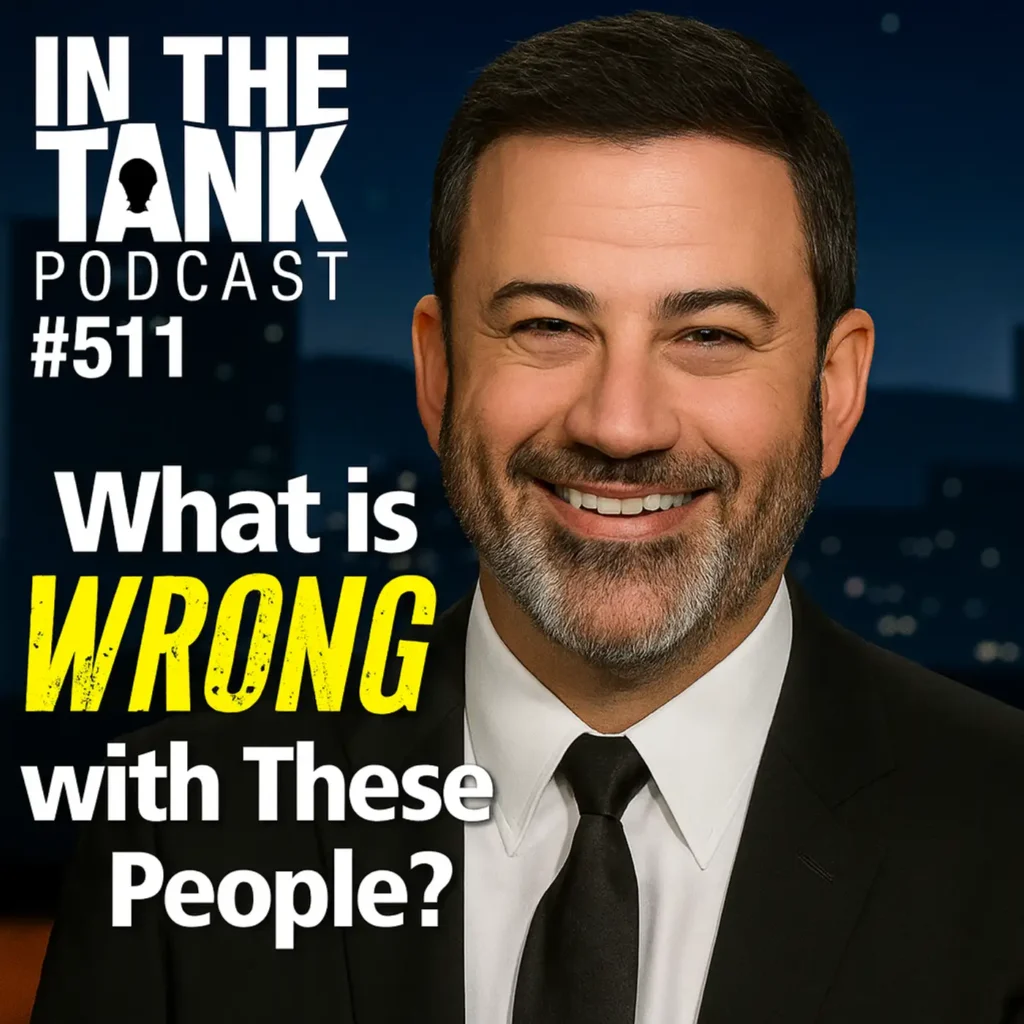Most Americans believe their local police have a duty to protect them against criminals. They are wrong. Some of them are dead wrong. And some of those who are dead wrong are dead because they have been duped by politicians or police chiefs who promise protection they cannot give and have no legal obligation to give.
U.S. law is based on English common law, under which “the Sheriff” is a government employee whose main job is the enforcement of government decisions: seizure of property, arrest of persons wanted by the authorities, collection of taxes. Keeping the public order is a secondary duty. Research conducted under the auspices of Jews for the Preservation of Firearms Ownership (Milwaukee, Wisconsin) shows that a wide range of state courts has confirmed that local law enforcement officials have no duty to protect individuals, but only a general duty to enforce the laws.
In 1959, New Yorker Linda Riss was terrorized by an ex-boyfriend with a criminal record. Over several months he repeatedly threatened her; she repeatedly sought police protection. Nothing was done. When her ex-boyfriend threatened her with immediate attack, she again urgently begged the New York City Police Department for help. Her pleas were ignored. The next day, a “thug” hired by her persecutor threw lye in her face. She was blinded in one eye and her face was permanently scarred.
The Court of Appeals of New York ruled that Linda Riss had no right to protection. Judge Keating dissented, bitterly noting that Ms. Riss was victimized not only because she had relied on the police to protect her, but also because she obeyed New York laws that forbade her to own a weapon. Judge Keating wrote:
What makes the city’s position particularly difficult to understand is that, in conformity to the dictates of the law, Linda did not carry any weapon for self-defense. Thus, by a rather bitter irony she was required to rely for protection on the City of New York, which now denies all responsibility to her. (Riss v. City of New York, 293 N.Y. 2d 897)
On September 4, 1972 Ruth Bunnell, of San Jose, California called police to beg for help because her estranged husband had just called to say he was coming right over to kill her. She was told to call back when he arrived. She never got the chance; she was stabbed to death. The California Court of Appeal rejected her estate’s claim against the police department, noting that
Neither a public entity nor a public employee is liable for failure to establish a police department or otherwise provide police protection service or, if police protection service is provided, for failure to provide sufficient police protection service. (Hartzler vs. City of San Jose, App., 120 Cal. Rptr 5)
The bottom line is this: Life is risky, the police cannot be everywhere at once, and it is impossible to hire enough law enforcement officers to protect every person who needs it or thinks he or she needs it. State and local police departments have no legal duty to help any given person, even one whose life is in imminent peril.
And therein lies the fallacy of gun control. Gun control presupposes the police have a duty to protect individuals — a duty they never have had and probably never will have. Giving law enforcement officials such a responsibility would require the establishment of a domestic army of police officers — and we know from recent international events that such a police state would soon violate our most cherished freedoms.
The Framers of the Constitution provided for a judicial system to enforce the laws and punish the criminals — not to protect the law-abiding. The Framers assumed that law-abiding citizens would largely be responsible for their own safety. And that is where it stands today: A law-abiding person’s security — as a matter of law and as a matter of fact — is in his or her own hands.
The most effective form of self-protection is lawful concealed carrying of firearms by any law- abiding person. Concealed carry is a potent deterrent: The criminal could not know who was or was not armed. A person who had been threatened — and had no right to police protection — would at least have the means to protect him- or herself. And if concealed carry were the law of the land, a criminal’s first shot could be the last: We would no longer have massacres such as occurred recently in Killeen, Texas, where a madman killed 23 unarmed people and wounded many others.
While police officers have an important job to do, that job doesn’t include protection of individual citizens. That task is ours alone.
Written for The Heartland Institute by Jay E. Simkin, an economist and author of “Dial 911 and Die,” a report issued by Jews for the Preservation of Firearms Ownership.



